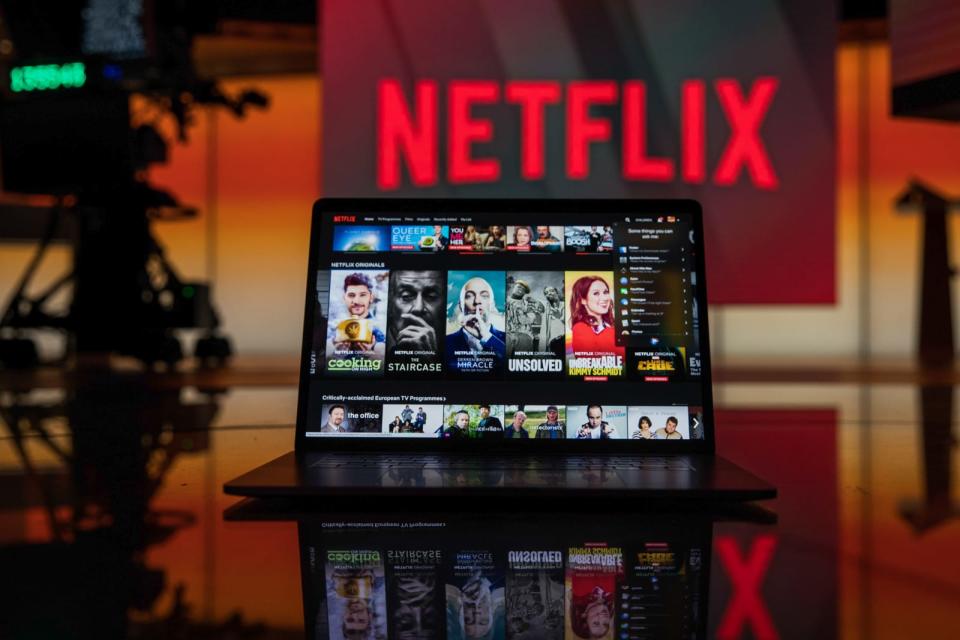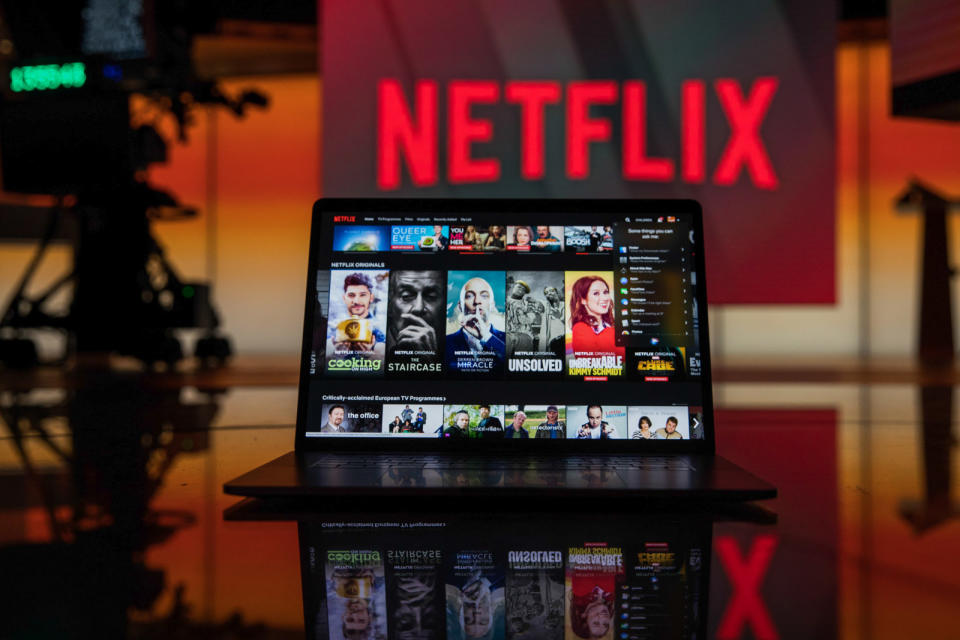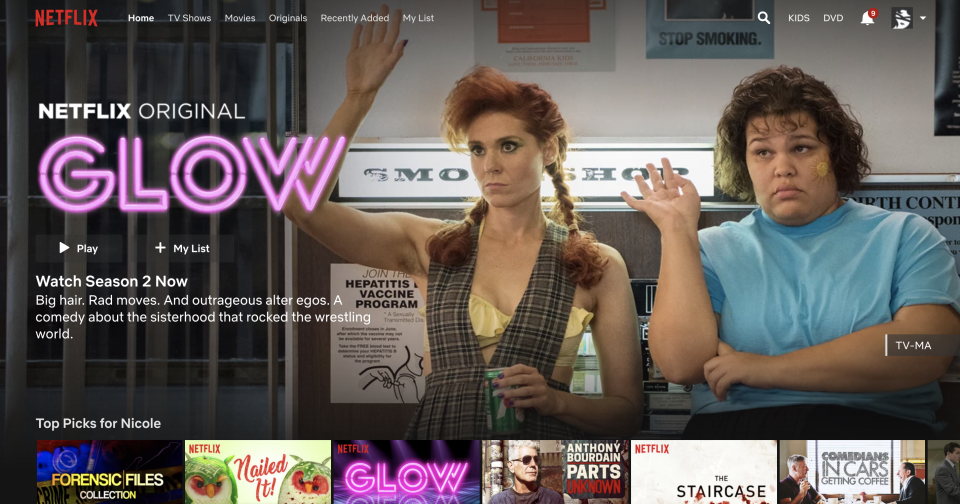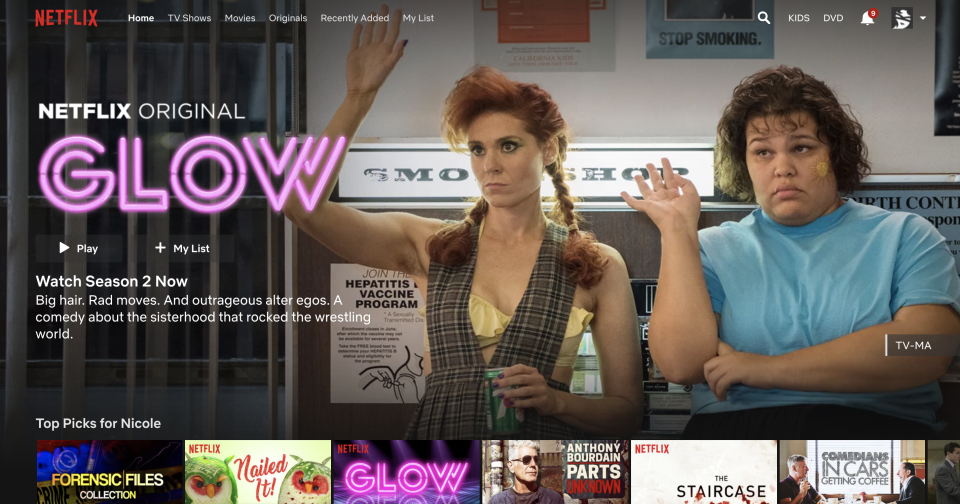Netflix user reviews weren’t useful anyway
You probably won't miss them.
Earlier today, we reported Netflix is getting rid of user reviews, which has been a mainstay of its platform from day one. According to the company, the decision was made because of declining usage. But that discounts the fact that Netflix hasn't exactly made the feature all that accessible. User reviews can only be seen on the web, and the company made a decision to drop bylines and star ratings earlier this year. It's no wonder then, that users have written fewer reviews. Maybe, just maybe, Netflix doesn't actually want them.
Netflix is no longer just a distributor of movies and TV shows; these days, it's a bonafide studio, with critically-acclaimed hits like House of Cards, Stranger Things and The Crown. Of course, it's a good thing when the shows get good reviews -- Stranger Things, for example, has well over 3,000 (most of them positive). Adam Sandler's The Week Of, on the other hand, has a slew of one-star remarks. It's one thing if an old movie from the '90s gets negative reviews, it's another when it's a project that you've probably spent millions of dollars on.
It's not just a problem on its original shows either. As pointed out in our original news post, the current trend of "review bombing," (where online trolls attempt to bring down a show's rating with negative reviews), presents a problem for Netflix too. Comedian Amy Schumer's Netflix special was a target of such an attack, and the The Last Jedi has many of the same symptoms.
Having such hateful remarks on the site is not only a bad look for Netflix, it's also a challenge to moderate and maintain. Think of these TV shows as blog posts and the reviews as the comments section, and you can see why Netflix thinks it's easier to just remove them. Last year, Amazon-owned IMDb shut down its user discussion boards because they were "no longer providing a positive, useful experience" for the majority of its users. Netflix likely feels the same way.
Plus, it's not like Netflix really needs them. Netflix inherited the user reviews and star-rating system from its days as a DVD rental service, and back then it made some sense. After all, DVDs take about two to three days to arrive, and if you received one that was particularly bad, it'd take another two to three days to get a replacement. If you watch a bad movie on Netflix's streaming service, however, you can just stop it and play something else instantly.
Importantly, for Netflix, user reviews probably don't increase viewership all that much -- in fact, it likely only hurts, especially if the reviews are negative. Why bother investing in a feature that decreases viewership instead of increasing it?
Besides, Netflix has another feature that it seems to be relying on a lot more these days: a "percentage match" score algorithm based on your viewing habits. Since this relies on your own personalized watchlist (as well as your thumbs up-or-down rating) than those of random strangers, it's theoretically tailored to your own interests, which increases the likelihood that you'll end up watching those recommended shows.

As a fan of comedy, for example, I tend to get served up recommendations for stand-up and sitcoms. Most of the time they're good -- Hannah Gadsby's Nanette is fantastic -- and sometimes not so much (Sorry, Arrested Development, I'm just not a fan). But regardless, I still end up clicking through and watching because they were recommended for me. Mission accomplished, Netflix.
This kind of personalized algorithm opens the doors for a mini social network of sorts, where Netflix could offer up shows that your friends also like. So, for example, you could see something like "Jenny and 5 of your friends also like Glow" underneath shows, which is arguably a lot friendlier than random star-rating reviews from strangers.
For those of you who do want reviews and ratings, well, there's an endless array of sources for those. There are catch-all sites like RottenTomatoes, Metacritic and IMDb, as well as more professional reviews from the likes of Variety and the AV Club. Or, if you don't mind swimming in troll-infested waters, there's always social media platforms like Facebook and Twitter as well. In the end, Netflix getting rid of user reviews is not only a long-time coming, it's a positive change for the ever-evolving platform.




